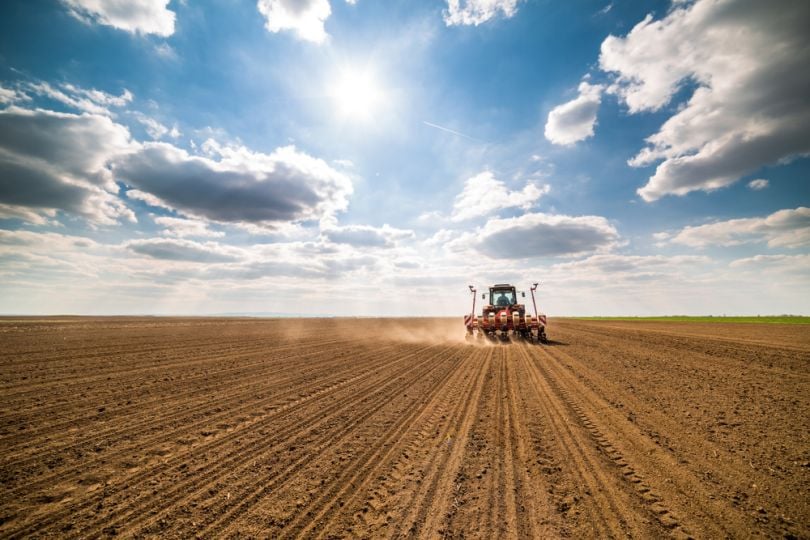
North Carolina-based TKXS' AgVeritas product is using big data from the ground up, helping farmers boost agricultural efficiency using data analytics, Forbes reports.
Figuring out how a fertilizer or other treatment impact crops historically involved essentially A/B testing strips spanning multiple acres of farmland and averaging out the results of both sets. The AgVeritas software, comprising of sensors and other in-field technology, allows farmers to see how the treatment impacts specific parts of a field to about a 60-by-60-foot area.
AgVeritas, first launched in 2015, helps farmers tap into the mounds of data they already collect in process of normal agricultural work, particularly data gathered from different areas of a farmer's fields. TKXS recognized this as a market opportunity.
"We saw an unmet need for understanding how the amount of natural variability in a field was impacting how well a product was performing."
"We saw an unmet need for understanding how the amount of natural variability in a field was impacting how well a product was performing," explained Ben Gist, a key account manager at TKXS.
Rather than relying on new hardware, TKXS’ software parses already collected data to assess how a variety of variables impacts crop yield. The company has partnerships with clients and customers for crop treatment trial programs.
"By being able to manage and quantify the impact of natural things that cause variability, our customers are really able to access what works," said Gist.
TKXS is the result of a recent merger between XSinc, the original developer of AgVeritas, and Technekes, a data-driven sales and marketing support firm. The data analysis capabilities of AgVeritas were a huge motivation behind the merger.
For manufacturers of fertilizers and other crop treatments, their interest lies in being able to better understand the performance of their products to inform more accurate marketing. The more precise data, the more realistic expectations these manufacturers can provide to farmers.
"From the farmer's perspective, it comes down to ROI," Gist said. "And the bottom line is that increased efficiency means more dollars-per-acre return."



